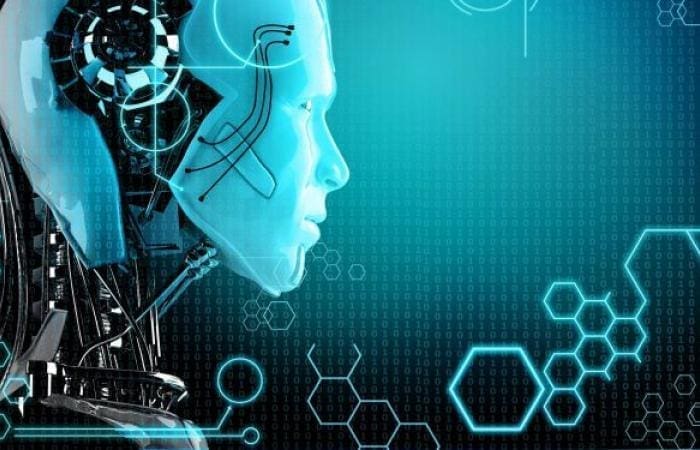Major Advertisers Explore AI-Driven Content Generation for Cost Reduction and Increased Productivity
Leading global advertisers, from the food giant Nestlé to consumer goods company Unilever, are experimenting with AI-driven content generation programs like ChatGPT and DALL-E to cut down on advertising costs and boost productivity.

More brands are viewing AI-driven content generation as a means to simplify and reduce the cost of the advertising process, major advertising agencies like WPP and multinational corporations like Unilever are looking to AI-driven content generation to lower marketing costs while creating more advertisements.
However, many companies remain cautious about security risks, copyright concerns, and the potential unintended biases present in the initial data that fuels the AI program, this indicates that humans might continue to be a part of the process in the foreseeable future.
AI-driven content generation gained popularity over the past year, captivating audiences and sparking interest across various industries, marketing teams hope this trend will result in more affordable, faster, and nearly limitless ways to advertise products.
Investment in AI is increasing as expectations grow that AI could change the way advertisers present products in the market, this technology can be used to generate texts and images based on training, rather than categorizing or labeling data like other forms of AI.
Mark Read, CEO of the global advertising agency WPP, explained that the cost savings from AI-driven content generation could range from 10 to 20 times, instead of sending a film crew to Africa for shooting a commercial, they can create it virtually.
WPP collaborated with Mondelez in India for a Cadbury campaign led by AI alongside Bollywood star Shah Rukh Khan, this led to advertisements showing the actor urging shoppers in stores.
Smaller companies utilized a microsite to create versions of advertisements showcasing their stores, these ads could then be distributed through social media and other platforms, about 130,000 ads featuring 2,000 stores garnered 94 million views on platforms like YouTube and Facebook.

Mark Read mentioned that WPP has about 20 young trainees in their early twenties specializing in AI in London, the agency partnered with the University of Oxford for courses focusing on the future of marketing.
Nestlé is also exploring ways to use ChatGPT 4.0 and Dall-E 2 to aid in marketing its products, as stated by Oud Ganndon, Chief Marketing Officer of the company.
Ganndon stated that the engine responds with ideas perfectly aligned with the brand and strategy based on campaign summaries, the creative team develops these ideas into product content for our websites.
While lawmakers are still debating whether AI-generated content reaches the level of human creativity, advertisers have started utilizing technology in their promotional campaigns.
WPP seized the opportunity when the research team at the Dutch Rijksmuseum gained internet attention in September 2022 for using X-rays to uncover hidden elements in the oil painting “The Milkmaid” by Johannes Vermeer.
WPP utilized OpenAI’s DALL-E 2 system to reveal its imagined scenes beyond the frame of “The Milkmaid” painting in a YouTube advertisement for Nestlé’s dairy products brand, La Laitière, the video achieved €700,000 in media value, the cost of advertising required to achieve the same reach with the Swiss food giant.
Unilever, which owns over 400 brands, has a specialized AI technology that can write product descriptions for retailer’s websites and e-commerce sites. Their brand for hair care, TRESemmé, utilizes this technology to generate written content and utilizes its tool for automated visual content creation for display on Amazon.

